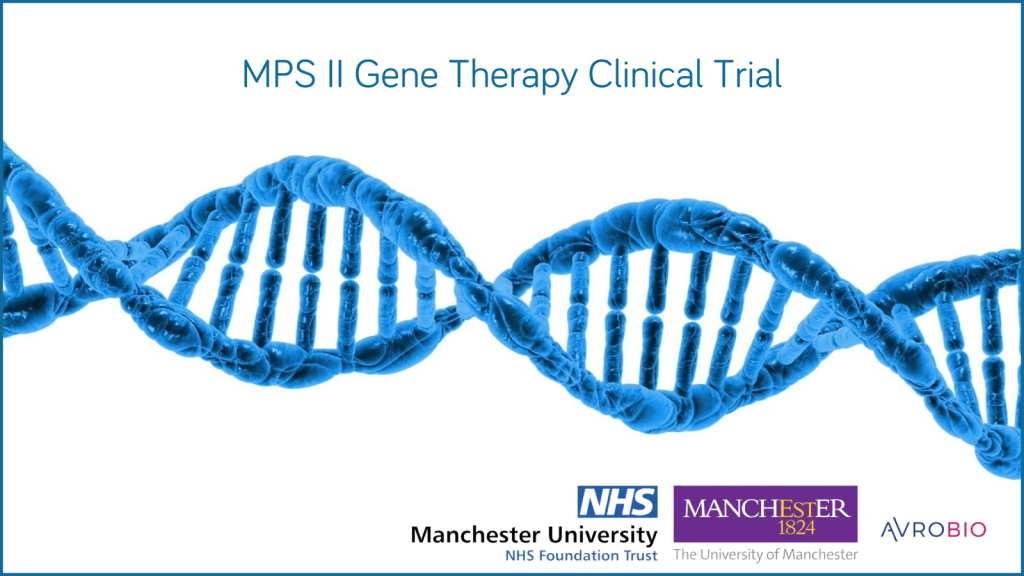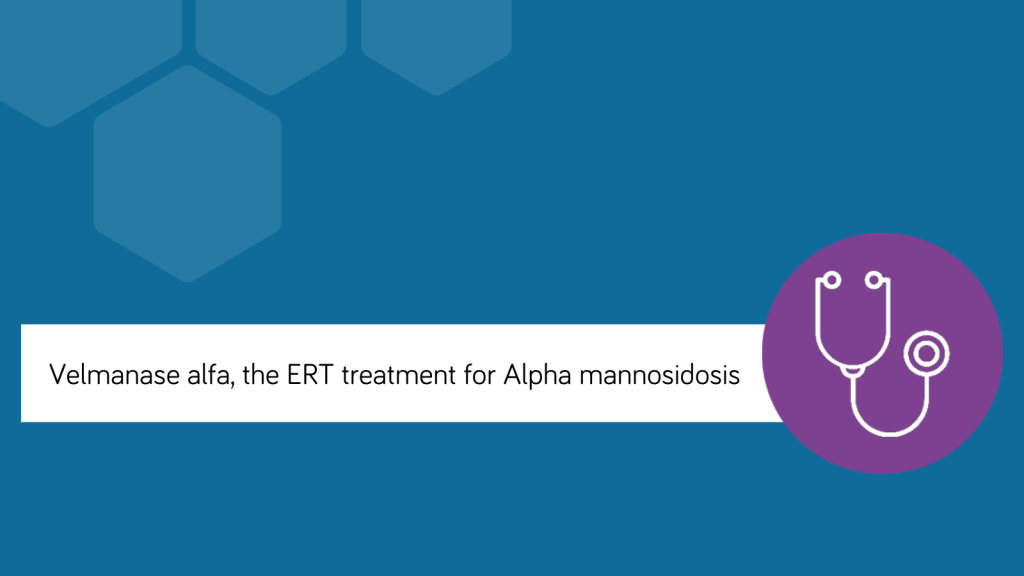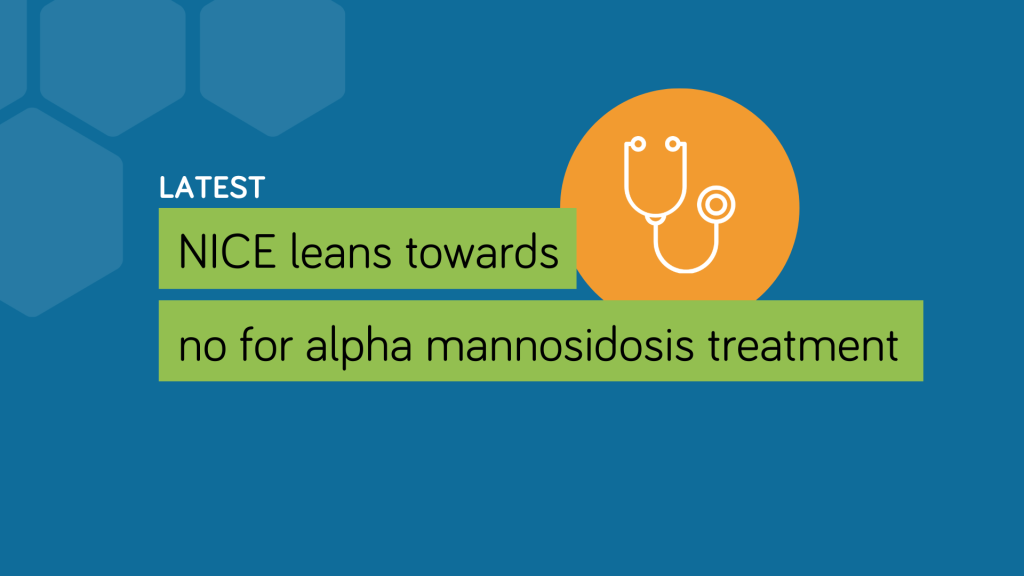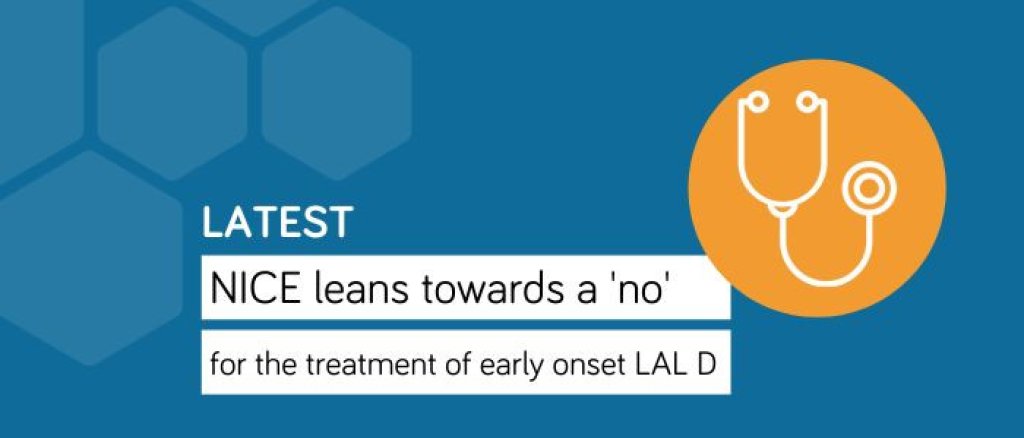A gene therapy clinical trial for patients with MPS II Hunter disease opens soon in Manchester. The trial aims to test gene therapy in five children with MPS II. Gene therapy is a method by which a corrected gene is inserted into stem cells to treat diseases.
What is MPS II and how is it treated?
MPS II is a genetic disorder that usually affects boys. Boys with MPS II don’t have a functional enzyme known as iduronate-2-sulfatase (IDS) needed to break down long sugar chains in the body. When this enzyme is missing, these sugars build up to excess causing damage and stopping organs from working properly. Children with MPS II often have progressive symptoms such as developmental delay and physical problems. The only approved treatment is enzyme replacement therapy where a regular infusion of the missing enzyme is given. But this treatment only helps some symptoms and cannot help problems in the brain.
What is gene therapy?
Gene therapy is a method by which a corrected gene is inserted into stem cells to treat diseases. The team at Manchester University Hospital are testing a gene therapy in children with MPS II. As part of the trial they will collect hematopoietic stem cells (HSC) from the blood and insert a working copy of the IDS gene into these cells in the laboratory. The modified HSCs are then infused back into the child where they can travel to the bone marrow. These cells will produce blood cells that can make the IDS enzyme and can carry it around the whole body, including the brain. This means the excess sugar molecules can be broken down and help cells to function better. The trial team believe this will reduce the symptoms of MPS II and may help to prevent damage to the brain.
How can I get involved?
If your child has the severe form of MPS II and is aged between 3 months and 12 months, they may be eligible to join the clinical trial when it opens. Screening, gene therapy and initial 2-year follow-up will take around 28 months. During this time, your child will need to visit Manchester, UK at regular intervals. Extended follow up of a minimum of 13 years is expected.
Update October 2024:
The age eligibility criteria for children who may be considered to take part has been amended to 3-22 months.
This trial is managed by Manchester University NHS Foundation Trust (MFT). For more information contact Professor Rob Wynn or the trial team.
ClinicalTrials.gov Identifier: NCT05665166
MPS II gene therapy trial, Manchester - Participation Poster.pdf (updated October 2024)



